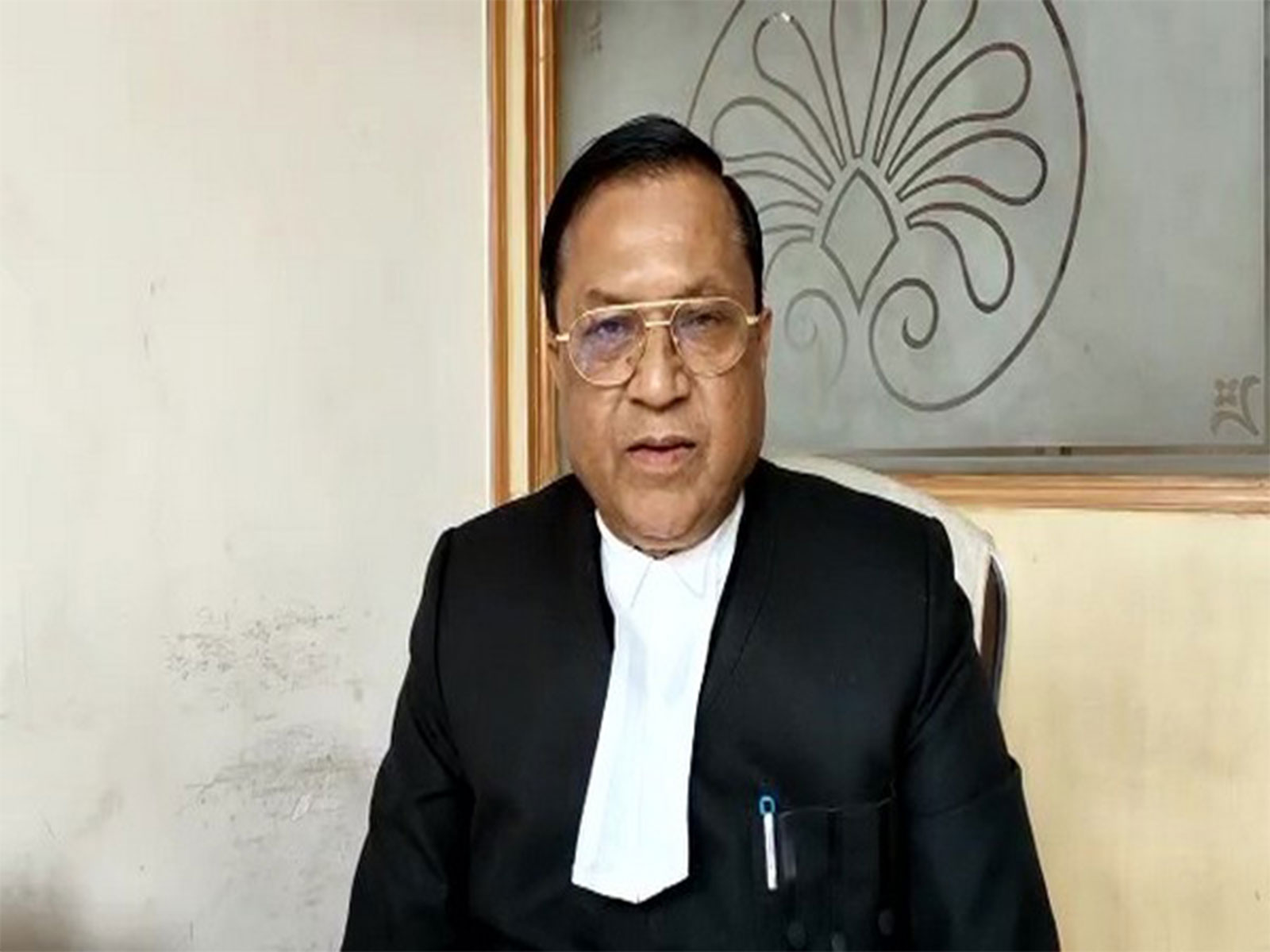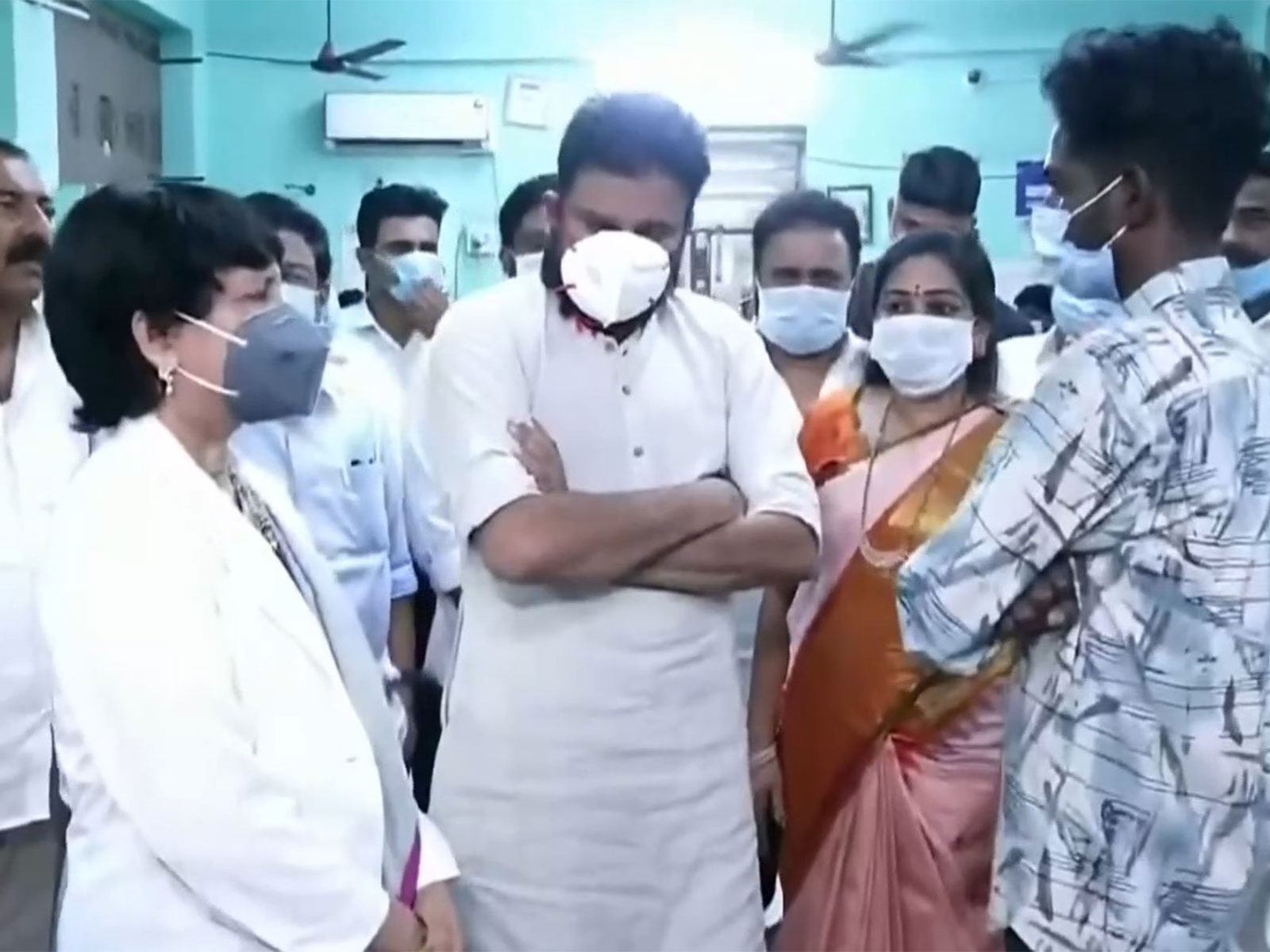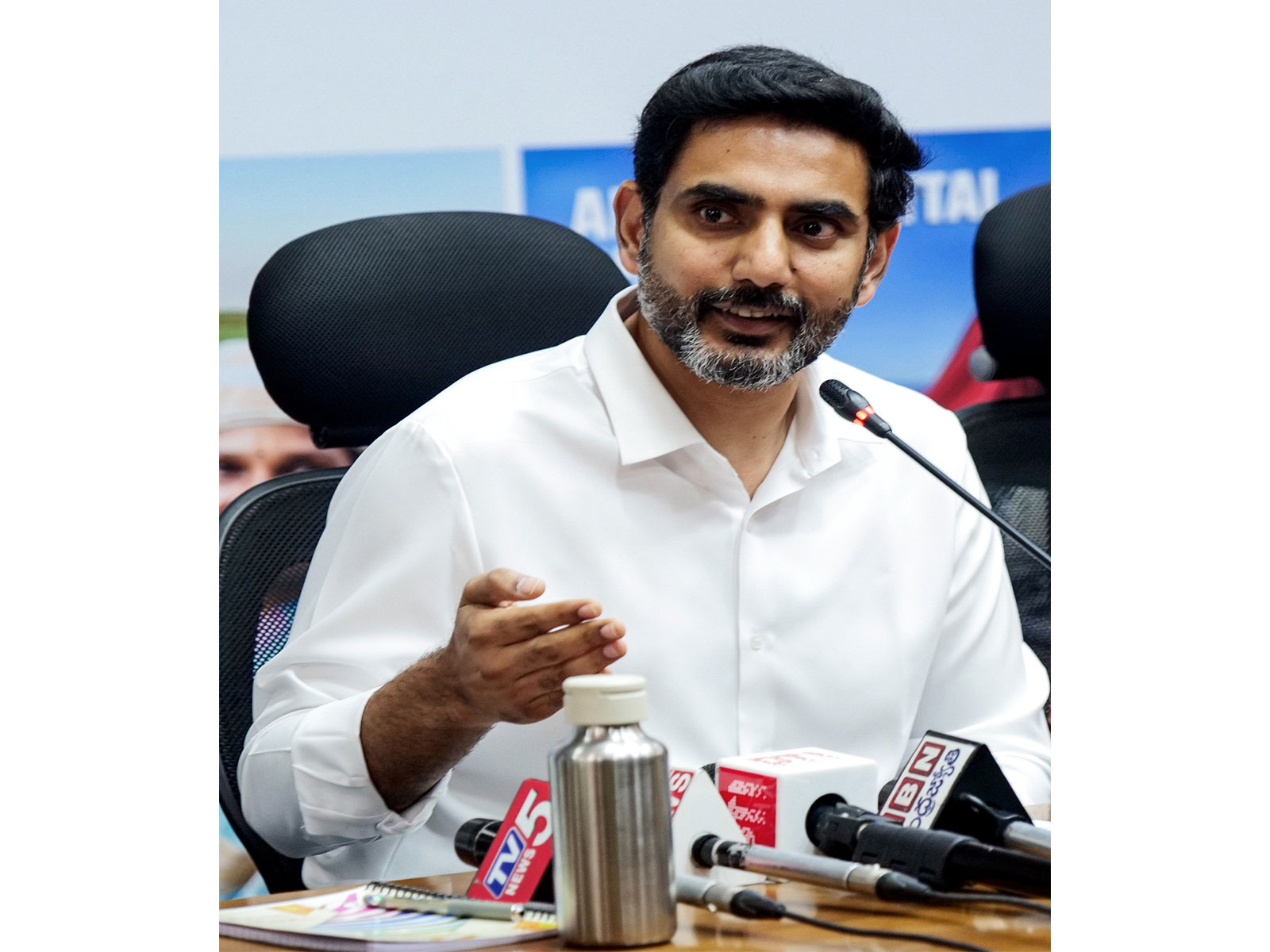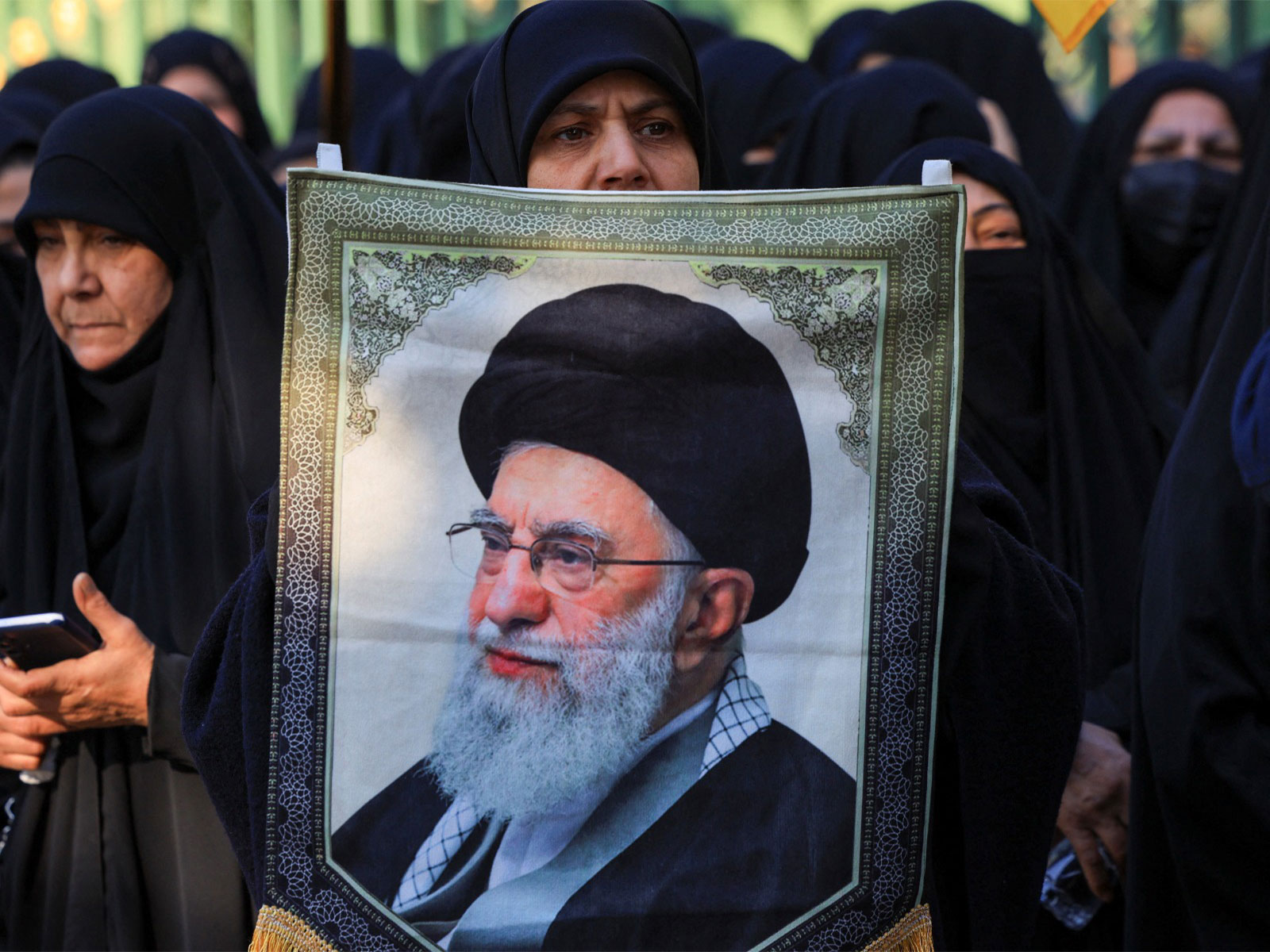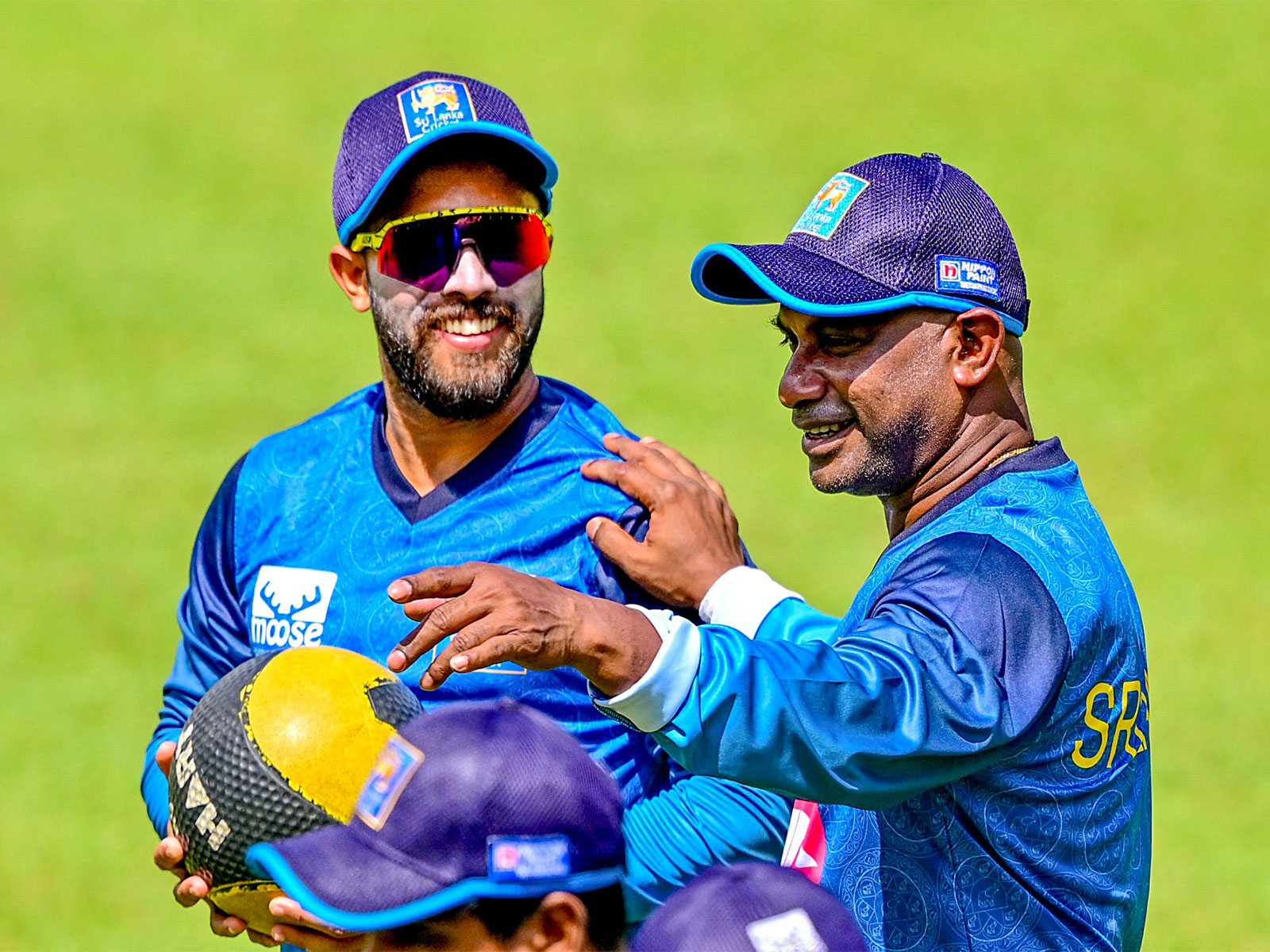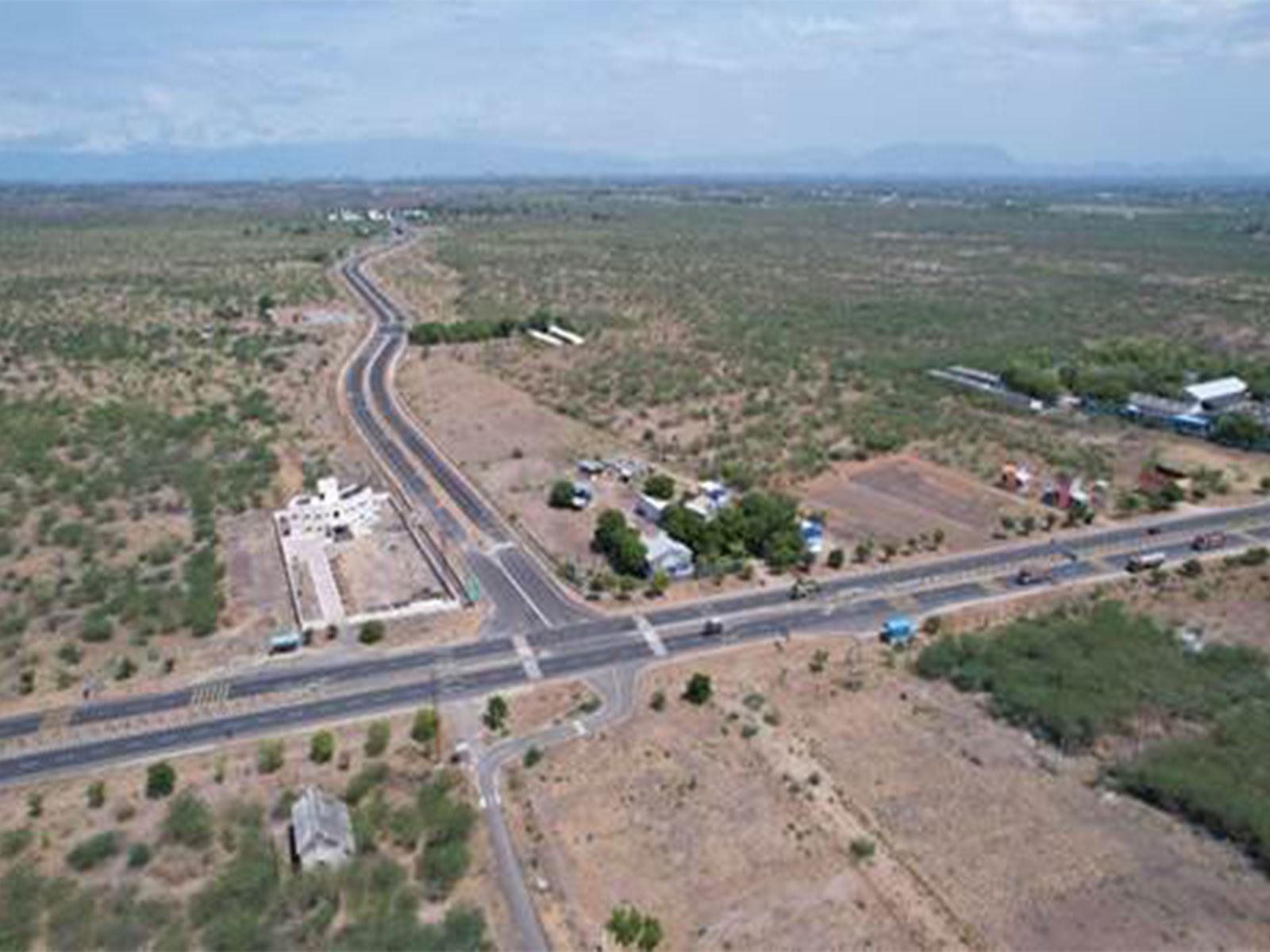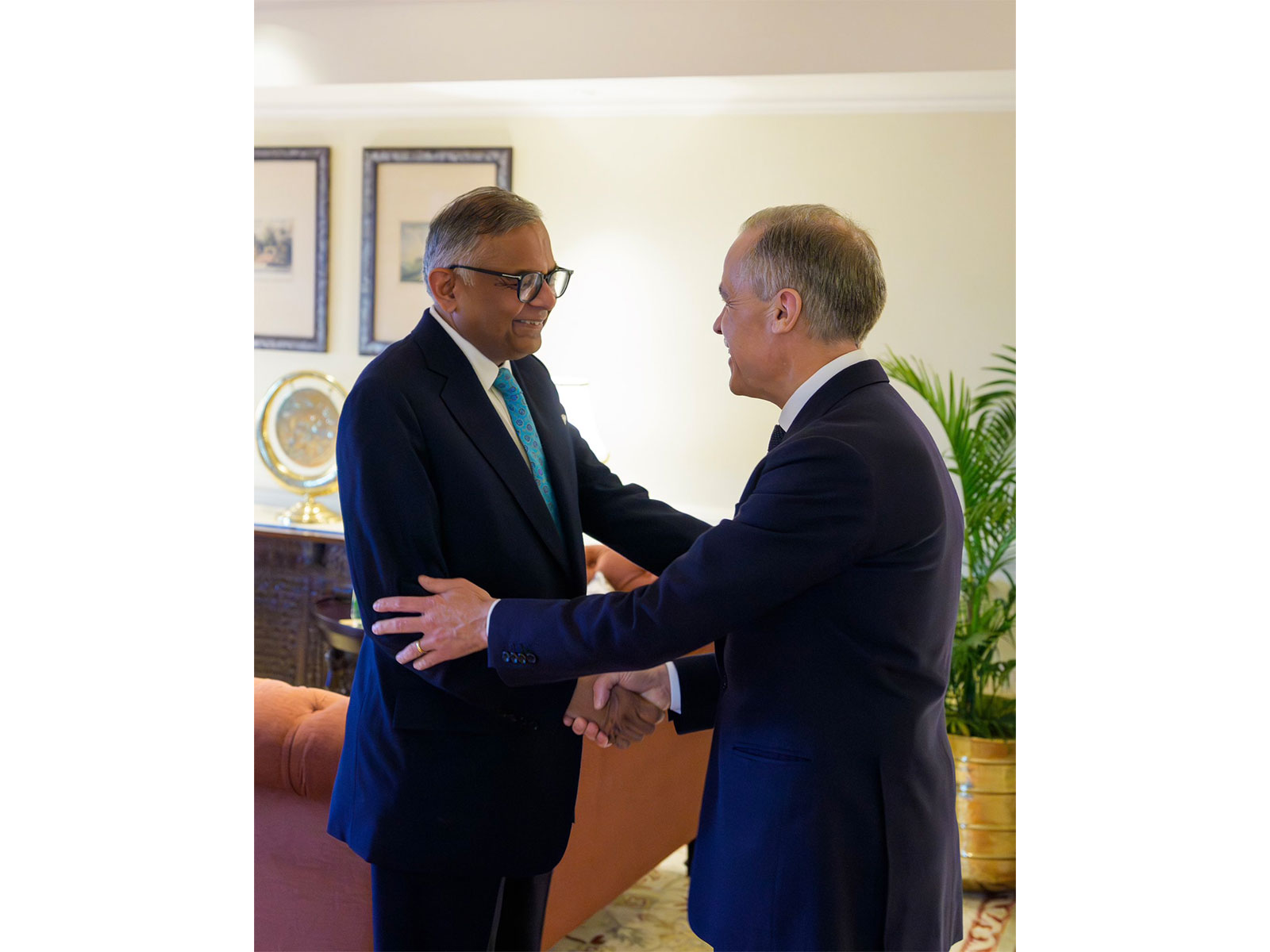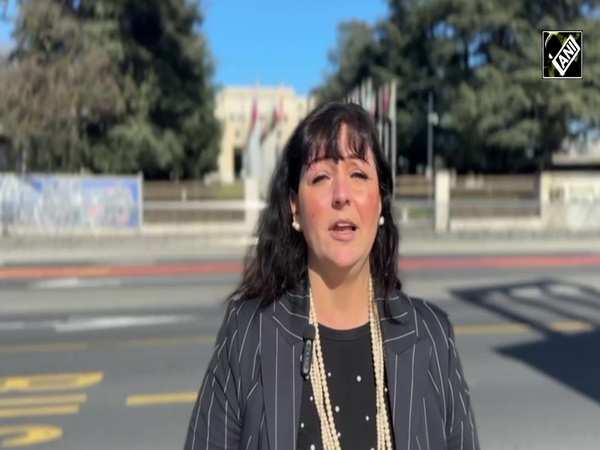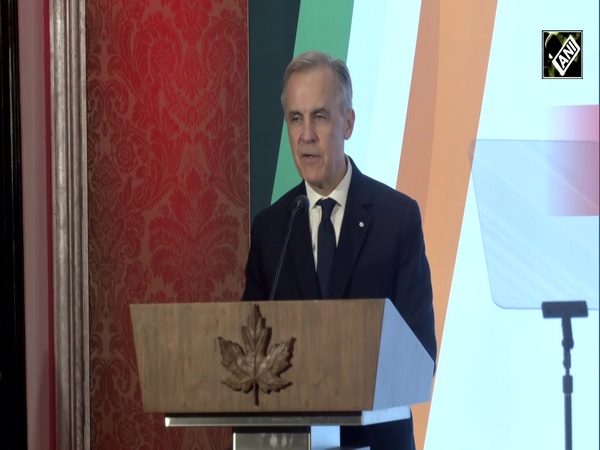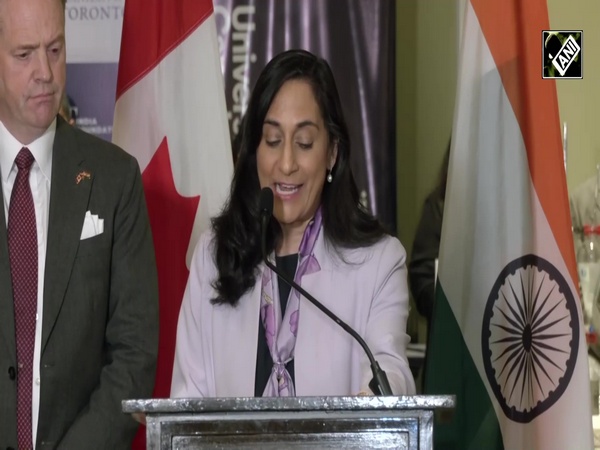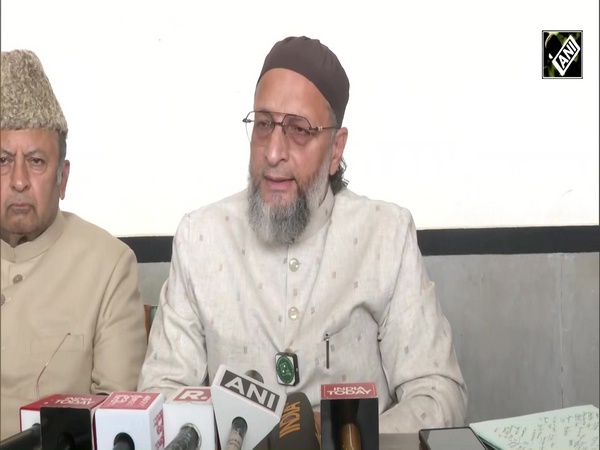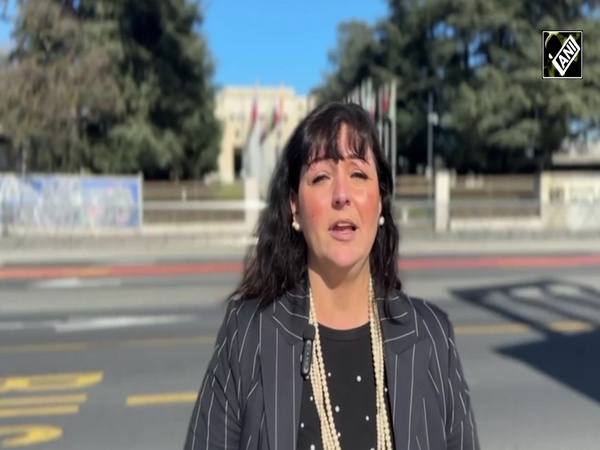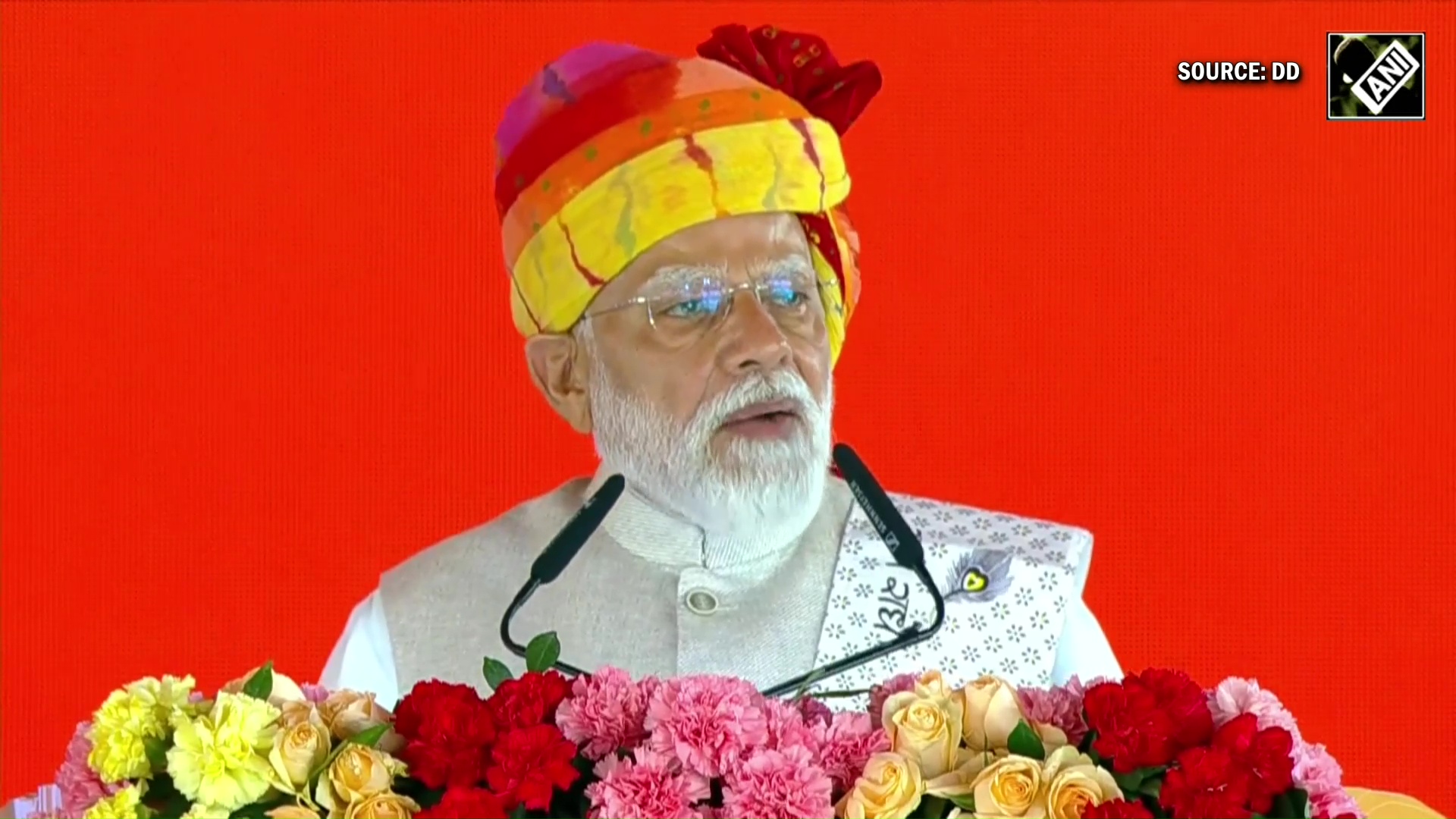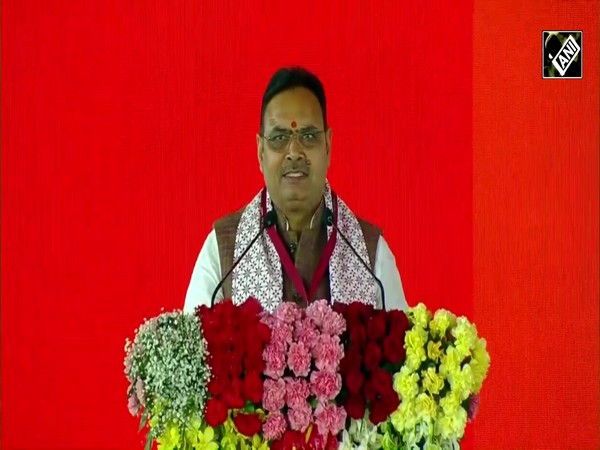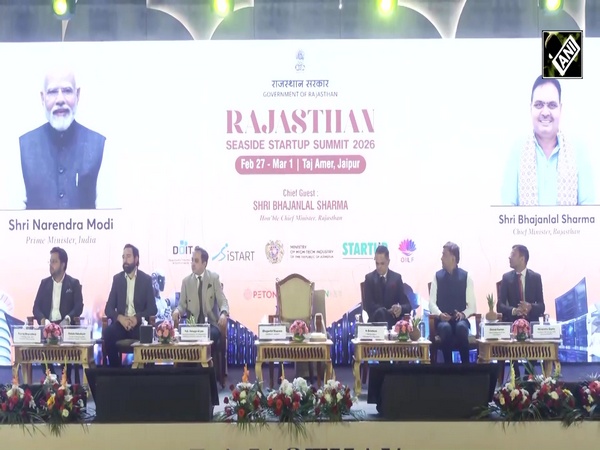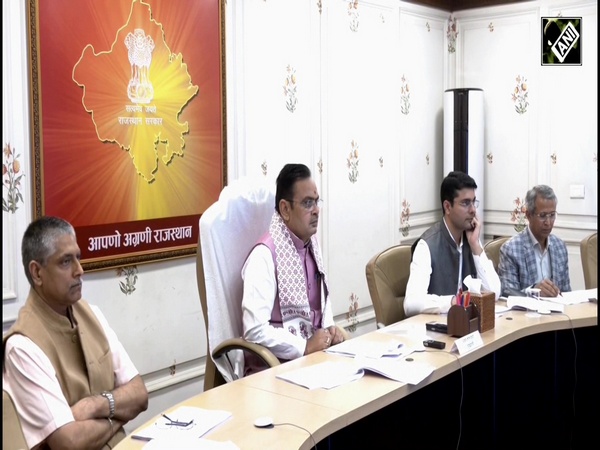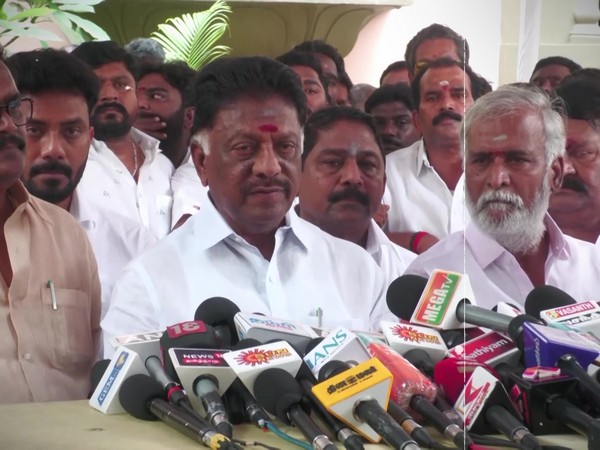"88 hours is what it took for the enemy to come and ask for cessation of hostilities": DGMO Lt Gen Rajiv Ghai on Op Sindoor
Oct 14, 2025
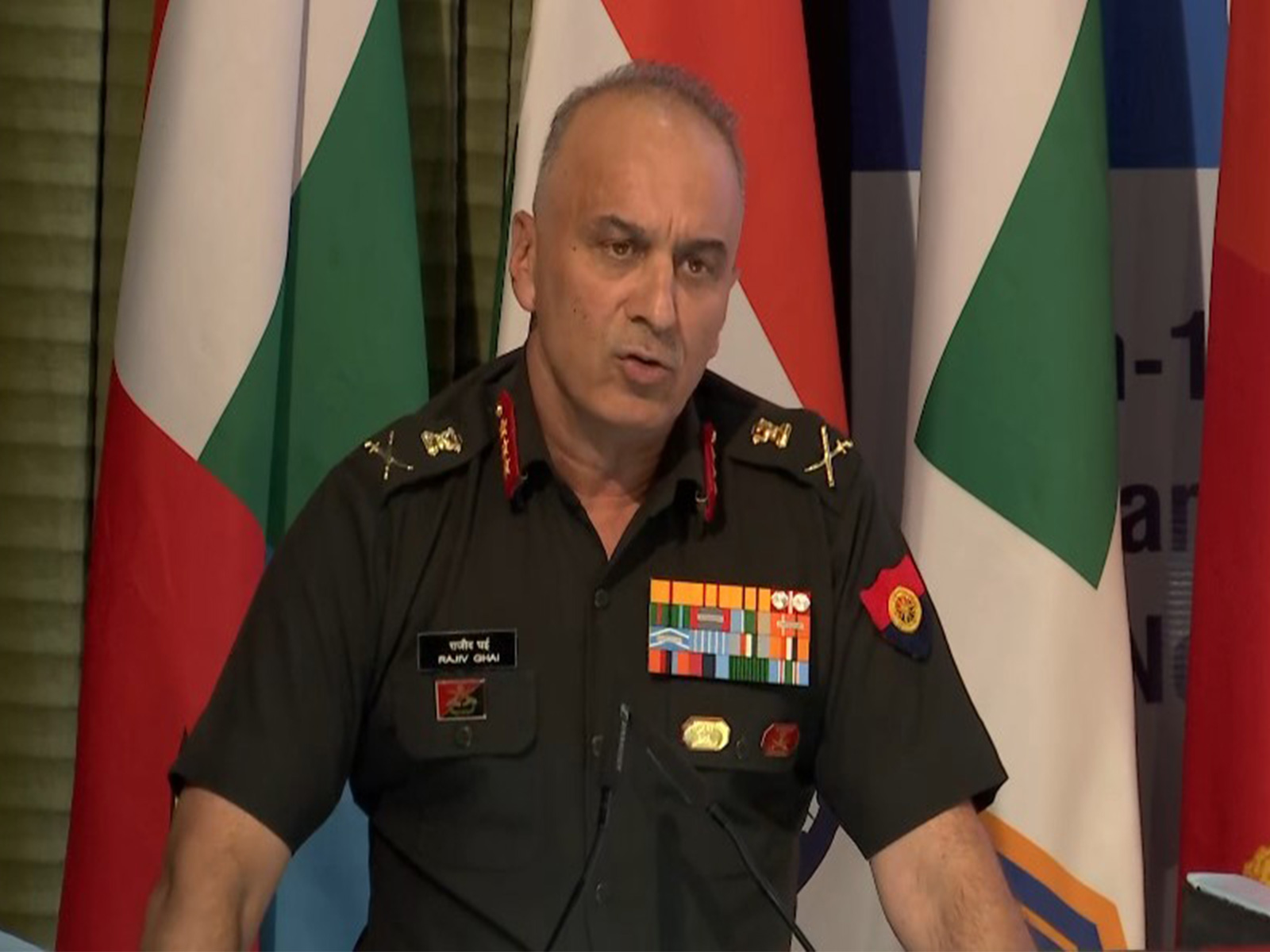
New Delhi [India], October 14 : Director General of Military Operations (DGMO) Lieutenant General Rajiv Ghai has said that India achieved its political and military aims of Operation Sindoor to punish Pakistan for its sponsoring cross-border terrorism and there has been a maturing of India's doctrine beyond the binaries of peace and war.
Lt Gen Ghai, who was speaking at the United Nations Troop Contributing Countries' (UNTCC) Chiefs' Conclave, said Operation Sindoor, carried out in response to the Pahalgam terror attack, also marked a fusion of military precision and diplomatic agility, informational superiority and economic leverage.
He said India is a long-standing and proud contributor to UN peacekeeping operations and has itself recently navigated through the complexities of modern conflict through Operation Sindoor.
"This was not a distant engagement. It was a direct response to evolving threats, complex operational environments and our imperative to respond to the scourge of terrorism," Lt Gen Ghai said.
He also recalled India taking action against terror attacks through surgical strikes in 2016 and aerial strikes in 2019 and said this time, "it was the intensity and the magnitude of the events that took place which compelled us to respond with the kind of action that you are all well familiar with".
"It's in the late 80s that this problem started in Jammu and Kashmir. Since then, we've had more than 28,000 terror incidents. Since the 90s, we've had more than 100,000 people from the minorities who have been compelled to move out of Jammu and Kashmir, a migration of more than 60,000 families... 15,000 innocent civilians and more than 3000 security personnel have been killed, and it's very clear where this is coming from," he said
"It is not as if Operation Sindoor happened overnight. If you take your mind back to the attack on our parliament back in 2001, we were compelled to carry out a mobilisation on our borders. We remained there for almost a year. Yet, a wiser sense prevailed, and we didn't take matters forward. In 2016, some of our security personnel were barbarically ambushed, some of their tents were set on fire, and we then resorted to an action that was yet in the vicinity of the LoC. In 2019, we carried out a precision strike across the LoC and restricted it to that. But this time, it was the intensity and the magnitude of the events that took place," he added.
Lt Gen Ghai referred to Pakistan's propaganda in the wake of Operation Sindoor and said India's decisive military action had them do various things and there was flaunting of the nexus between Pakistani army and the terrorists. The DGMO said that it was common knowledge that the Pakistan Army and its chief were "under duress" with a need to revive his image.
"The fact that the Pakistan army and its chief were under duress at the time is known to everybody. There was a need for him to revive not only his image, but that of the Pak army itself. The best way and the only way that is known to them was to do what they did, as cowardly as it may have been", the DGMO said.
"There was, after all this had happened, a very blatant flaunting of the nexus, which I would say even surprised us that caution had been thrown to the winds, and the picture says it all....terrorist proscribed by the United Nations, leading a prayer service for those that had been killed. The who's who from the Pakistan Army, no less than the GOC of the Four Corps himself attending the funeral ceremony, apart from many others were present that day," he said.
Top brass of Pakistan Army and government present at the funeral of terrorists included Lt Gen Fayyaz Hussain Shah Corps Commander IV Corps; Maj Gen Rao Imran Sartaj-GOC 11 Infantry Division; Brig Mohd Furqan Shabbir Commander 15 Heavy Mechanised Brigade (ex 11 infantry Division/ 4 Corps); Usman Anwar, Inspector General of Police Punjab and Malik Sohaib Ahmed Bherth, member of provincial assembly of Punjab.
Lt Gen Ghai also referred to India putting on hold the Indus Waters Treaty in the wake of the Pahalgam terror attack and other steps taken by the government.
"88 hours is what it took for the enemy to come and ask for a cessation of hostilities. You're well aware of that. For that call to be made by my counterpart, then. We achieved our political and military aims. We hit nine targets across the breadth of Pakistan. This is a maturing of India's doctrine beyond the binaries of peace and war. This was a fusion of military precision and diplomatic agility, informational superiority and economic leverage... I'm speaking about the Indus Water Treaty of 1960 being put into abeyance the moment the terror attack was perpetrated at Pahalgam," he said.
Lt Gen Ghai said India's military actions were targeted, controlled, non-escalatory, and we openly acknowledged them to maintain our credibility.
"We also made sure that we put into place critical and significant conventional measures to apply pressure. We carried out some significant and telling forward deployments, extending our punitive reach to unprecedented levels," he said.
India carried out precision strikes on terror infrastructure in Pakistan and PoJK in May this year in response to the Pahalgam terror attack. The Indian Armed Forces effectively repulsed the subsequent Pakistani aggression and pounded its airbases.
Pakistan DGMO had called his Indian counterpart and the two countries agreed for cessation of hostilities.
